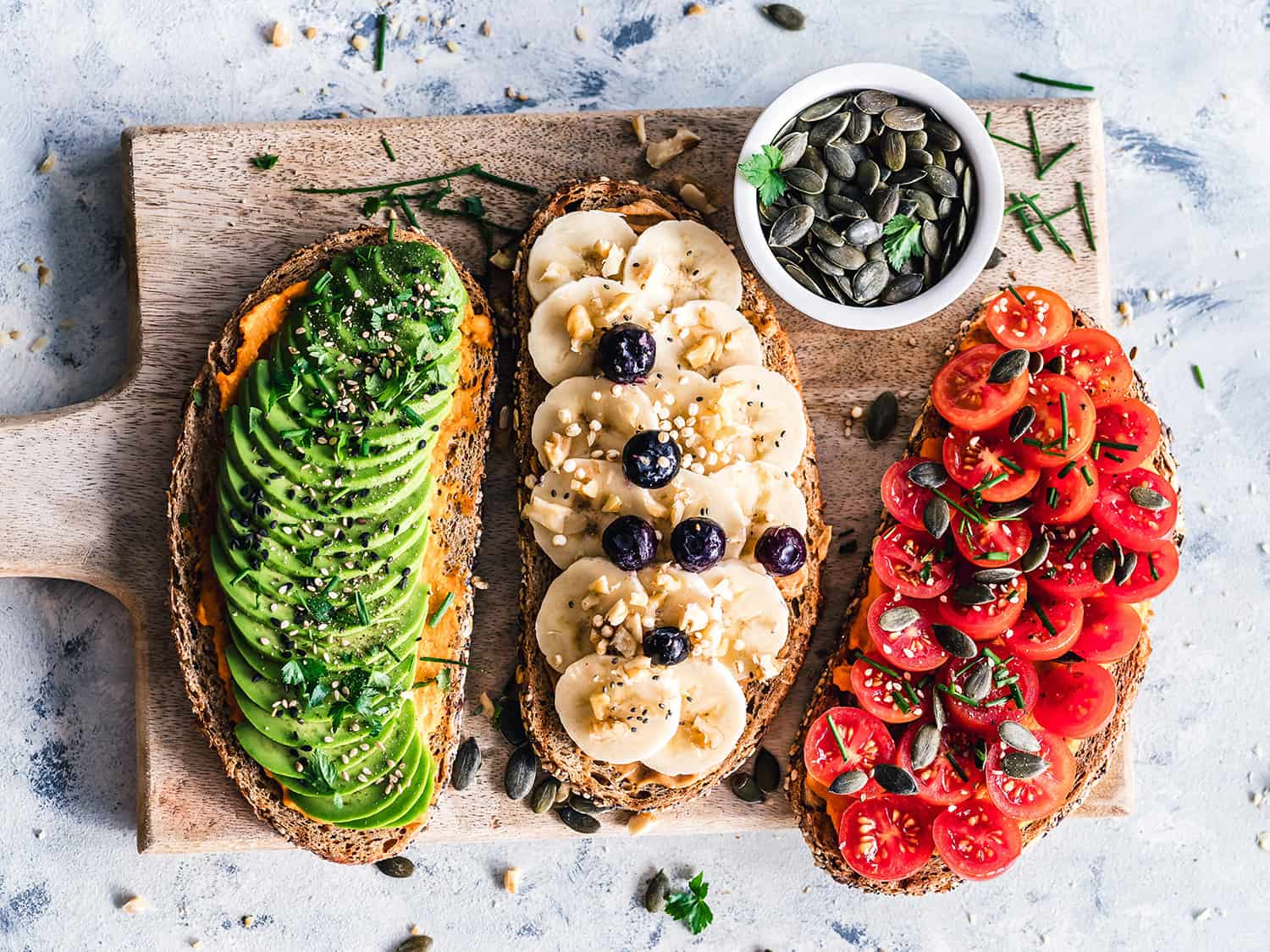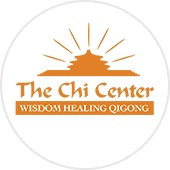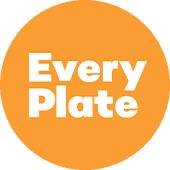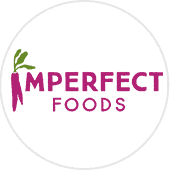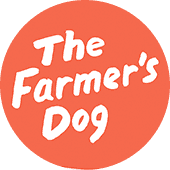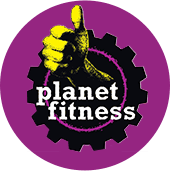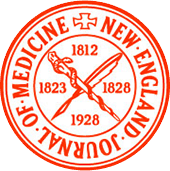One of the biggest hurdles to having a healthy diet these days is avoiding the bounty of highly processed junk foods available. These foods are typically found in boxes, cans, bags, and bottles, i.e. soda, crackers, candy, and more. But notice I still said eat less, not eliminate completely. That’s because not all processed foods are created equal. Remember, processing a food could be as simple as grinding coffee beans, shredding carrots, or buying spinach in a bag.
These minimally processed foods are convenient and generally healthy. You may also find processed foods like canned tomatoes (cooking tomatoes actually makes the nutrients more available) or frozen veggies that are picked at their peak and stored for later use useful. But when it comes to a bag of chips with a long list of ingredients or refining a grain and removing its more nutritious parts, these are the foods to reduce as much as possible.
The problem with highly processed foods is that they have become too common for most people. One study found that almost 58 percent of all calories consumed in the U.S. alone come from these ultra-processed foods. Highly refined foods can be a major contributor to inflammation, a precursor for many chronic disease states. Most people who reduce processed junk foods in their daily diet feel more energized. If someone is already sick, cutting back on these foods can help to support recovery and vitality.
I think where people struggle the most is with processed foods that seem healthy, such as salad dressing or canned vegetable soups, which can contain added sugars, preservatives, or unhealthy fats. You need to be a food detective and read labels to determine what works for you. My easy rule is that if the list is too long or has ingredients I don’t recognize, I just put it down.
The good news is that you can make your own salad dressing at home in less than five minutes by whisking together olive oil, lemon, mustard, and maybe some chopped garlic or shallots. A great way to practice cooking and avoid more highly processed foods in your diet is to make more of your own sauces, dressings, and snacks.
I would rather add in than take away from anyone’s diet – a process I call crowding out. This concept is simple: Focus on adding more good things into your diet as opposed to reducing the not-so-good. By adding more real, whole foods without trying to change everything all at once, a natural cycle of abundance and curiosity sets in that gradually “crowds out” the junk foods.
You’ll find that your preferences change with time, and it will become much easier to have balance in your food choices. You can explore a diverse diet of different colors and textures, including vegetables and fruit, grains, different sources of protein, legumes, nuts, and seeds. It doesn’t matter if you’re an omnivore, vegetarian, macrobiotic, dairy-free, or any combination of them all.
The most important thing you’ll learn is how to truly listen to your body.
When you are surrounded by highly processed convenient foods, find strategies you can use to choose more whole food options. Will you practice making more of your own foods, give yourself more time at the store to read labels, or simply start by replacing highly processed foods with more minimally processed foods? The choice is yours.
Reprinted with kind permission of Integrative Nutrition LLC. Integrative Nutrition: A Whole-Life Approach to Health and Happiness (2018), p. 203-204.
